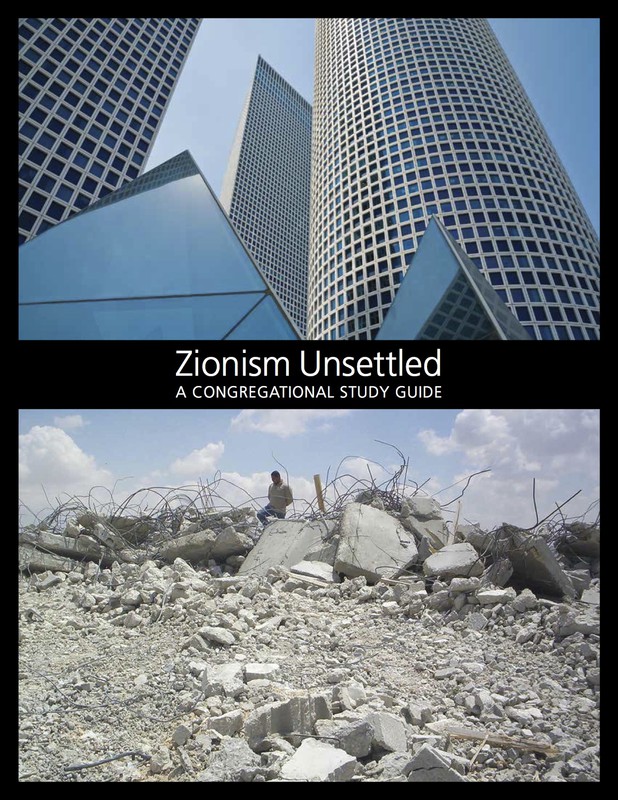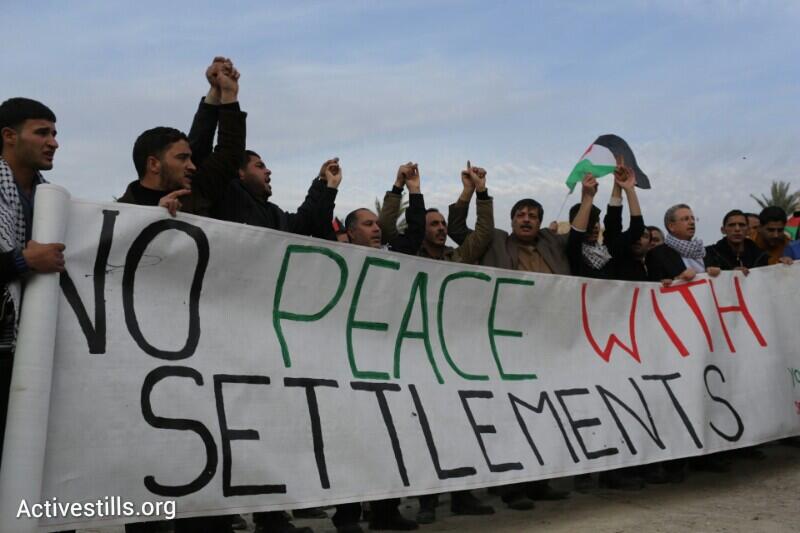Tag: BDS
-
Will the flowers of Gaza break Israel’s siege this Valentine’s Day?
12th February 2014 | Corporate Watch, Tom Anderson and Therezia Cooper | Gaza, Occupied Palestine Valentine’s Day is almost upon us and for supermarkets and florists that means a massive increase in the sale of flowers. But how many romantic couples consider where the flowers they exchange are grown? Farmers in Gaza have long been encouraged by…
-
Palestinians launch “Melh Al-Ard” campaign by reviving Ein Hijleh Village in the Jordan Valley
31st January 20014 | Popular Struggle Coordination Committee | Jordan Valley, Occupied Palestine Hundreds of Palestinians announced today the launching of “Melh Al-Ard” (Salt of the Earth) campaign by reviving the village of Ein Hijleh in the Jordan Valley on land belonging to the Orthodox Church and St. Gerassimos monastery. The campaign is launched in refusal…



